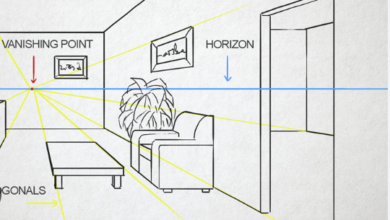Margrethe Vestager Eu Ai Actespinoza

Margrethe Vestager has positioned herself at the forefront of the European Union’s approach to artificial intelligence through her advocacy for the AI Act, which seeks to harmonize ethical considerations with technological advancement. By prioritizing transparency and public trust, she challenges the status quo of innovation while emphasizing the need for a robust regulatory framework. As the implications of her vision unfold, one must consider how these efforts will reshape not only the landscape of AI governance but also the broader socio-economic dynamics within the EU and beyond. What could this mean for the future of technological progress?
Margrethe Vestager’s Vision for AI
In recent years, Margrethe Vestager has emerged as a pivotal figure in shaping the European Union’s approach to artificial intelligence, advocating for a framework that balances innovation with ethical considerations.
Her vision emphasizes the necessity of global collaboration to address the complexities of AI governance, ensuring that technological advancements do not compromise fundamental freedoms.
This multifaceted approach seeks to foster responsible progress in AI development.
See also: Margrethe Eu Ai Actespinoza
Key Features of the AI Act
Margrethe Vestager’s advocacy for a balanced AI framework has culminated in the proposed AI Act, which outlines several key features aimed at regulating the use of artificial intelligence within the European Union.
Central to the Act are ethical considerations and transparency requirements, ensuring that AI systems operate within defined moral boundaries and provide clear information about their functioning.
Ultimately, this approach fosters public trust and accountability.
Impacts on Innovation and Regulation
While the proposed AI Act aims to establish a robust regulatory framework for artificial intelligence, its implications for innovation within the European Union are multifaceted.
Regulatory challenges may inadvertently create innovation barriers, stifling creativity and technological advancement.
Striking a balance between necessary oversight and fostering an environment conducive to innovation will be crucial for the EU to maintain its competitive edge in the global AI landscape.
Conclusion
In the intricate dance between innovation and regulation, Margrethe Vestager’s vision for the EU’s AI Act emerges as a guiding star. This framework, steeped in ethics and transparency, seeks to harmonize the rapid advancements of artificial intelligence with the preservation of fundamental freedoms. By fostering global collaboration, the Act aspires to cultivate a fertile ground for public trust, ensuring that technological progress does not eclipse the moral compass essential for a just and equitable society.





